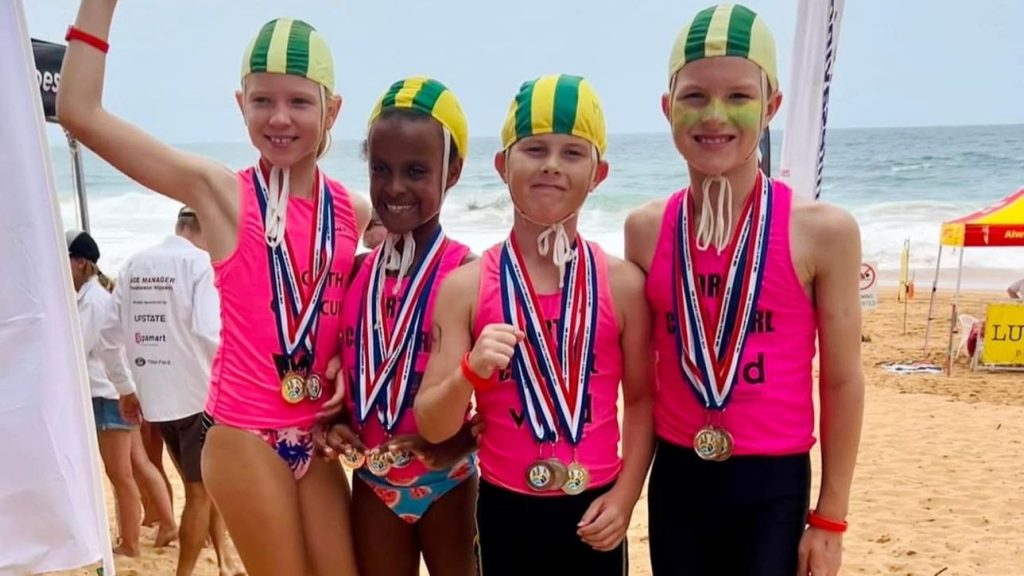Events in May 2024
| Monday | Tuesday | Wednesday | Thursday | Friday | Saturday | Sunday |
|---|---|---|---|---|---|---|
April 29, 2024
|
April 30, 2024
|
May 1, 2024
|
May 2, 2024
|
May 3, 2024
|
May 4, 2024
|
May 5, 2024
|
May 6, 2024
|
May 7, 2024
|
May 8, 2024
|
May 9, 2024
|
May 10, 2024
|
May 11, 2024
|
May 12, 2024
|
May 13, 2024
|
May 14, 2024
|
May 15, 2024
|
May 16, 2024
|
May 17, 2024
|
May 19, 2024
|
|
May 20, 2024
|
May 21, 2024
|
May 22, 2024
|
May 23, 2024
|
May 24, 2024
|
May 25, 2024
|
May 26, 2024
|
May 27, 2024
|
May 28, 2024
|
May 29, 2024
|
May 30, 2024
|
May 31, 2024
|
June 1, 2024
|
June 2, 2024
|
WEATHER
OUR SPONSORS
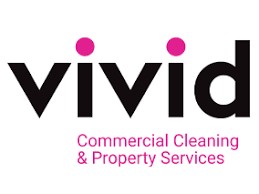


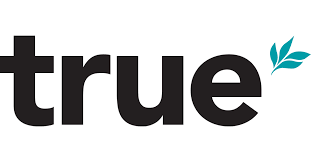
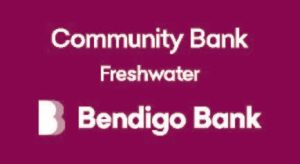
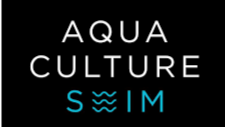
Founded in 1922, the North Curl Curl Surf Life Saving Club is a volunteer community service provided by community minded individuals, who have been trained as qualified Surf Life Savers.
Throughout each season North Curl Curl Surf Life Savers spend in excess of 5000 volunteer hours patrolling our local beach, and perform rescues, preventative actions and treat many first aid cases. Voluntary beach patrols are provided of a weekend and public holidays generally from September through to April each year. North Curl Curl has a proud record of NO LIVES LOST between the flags whilst patrols are on duty and the members strive to maintain this record each year.
The North Curl Curl Surf Life Saving Club provides to the Local Community an outlet for people to become involved in a vital volunteer service, the development and education of rescue and resuscitation techniques that are taught in varying degrees to all active members depending upon their age. Please come and enjoy our beach.






